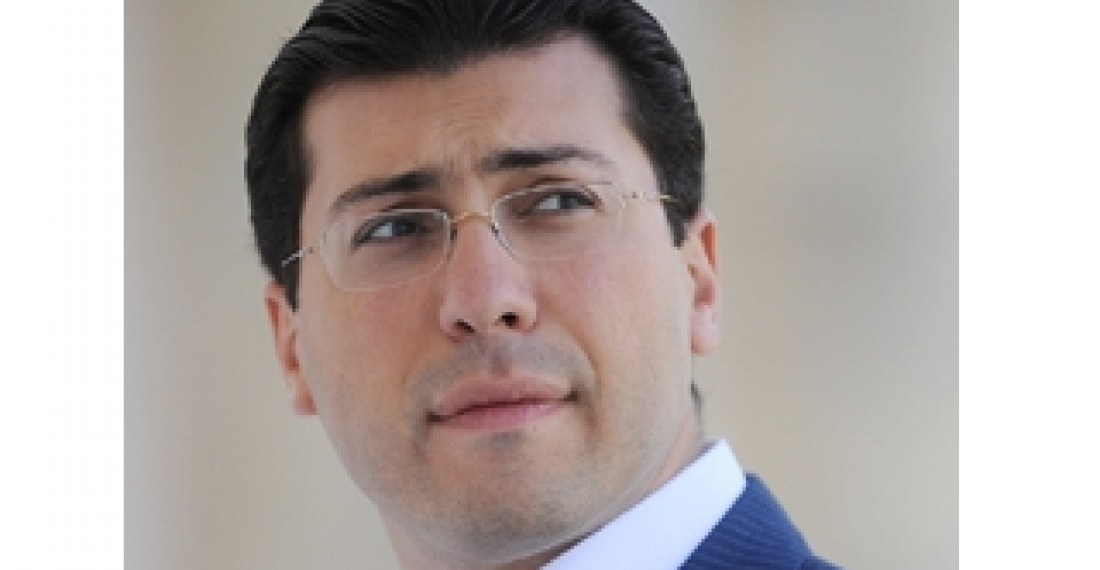The first Deputy Head of the Presidential Administration in Armenia, Mikael Minasyan has resigned his post to join the election campaign of the ruling Republican Party ahead of Parliamentary elections next year.
Minasayan who is considered a modernising force in Armenian politics will work with the Head of the Election team, the former Speaker of Parliament Hovik Abahamyan, who this week also announced he was resigning to assume the new role.
Speaking in an interview with news.am Minasyan said that the Armenian President "is determined to hold exemplary elections. We work not only to ensure the victory of our party but also to facilitate the conduct of elections that would create a stronger Armenia. I believe these elections will prove to be a qualitative revolution for our country and for all of us".
source: commonspace.eu with report from news.am
photo: courtesy of news.am







